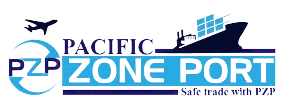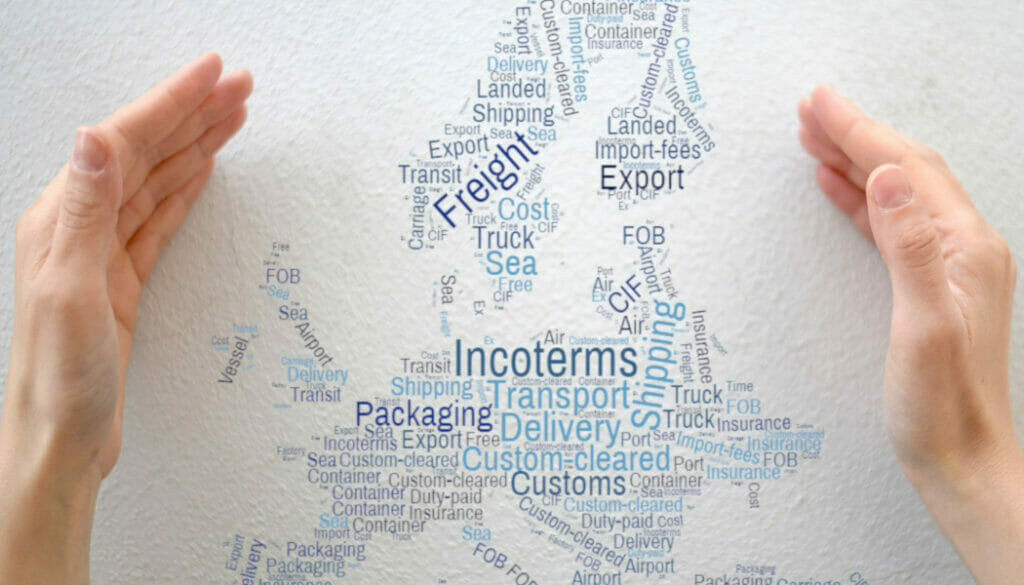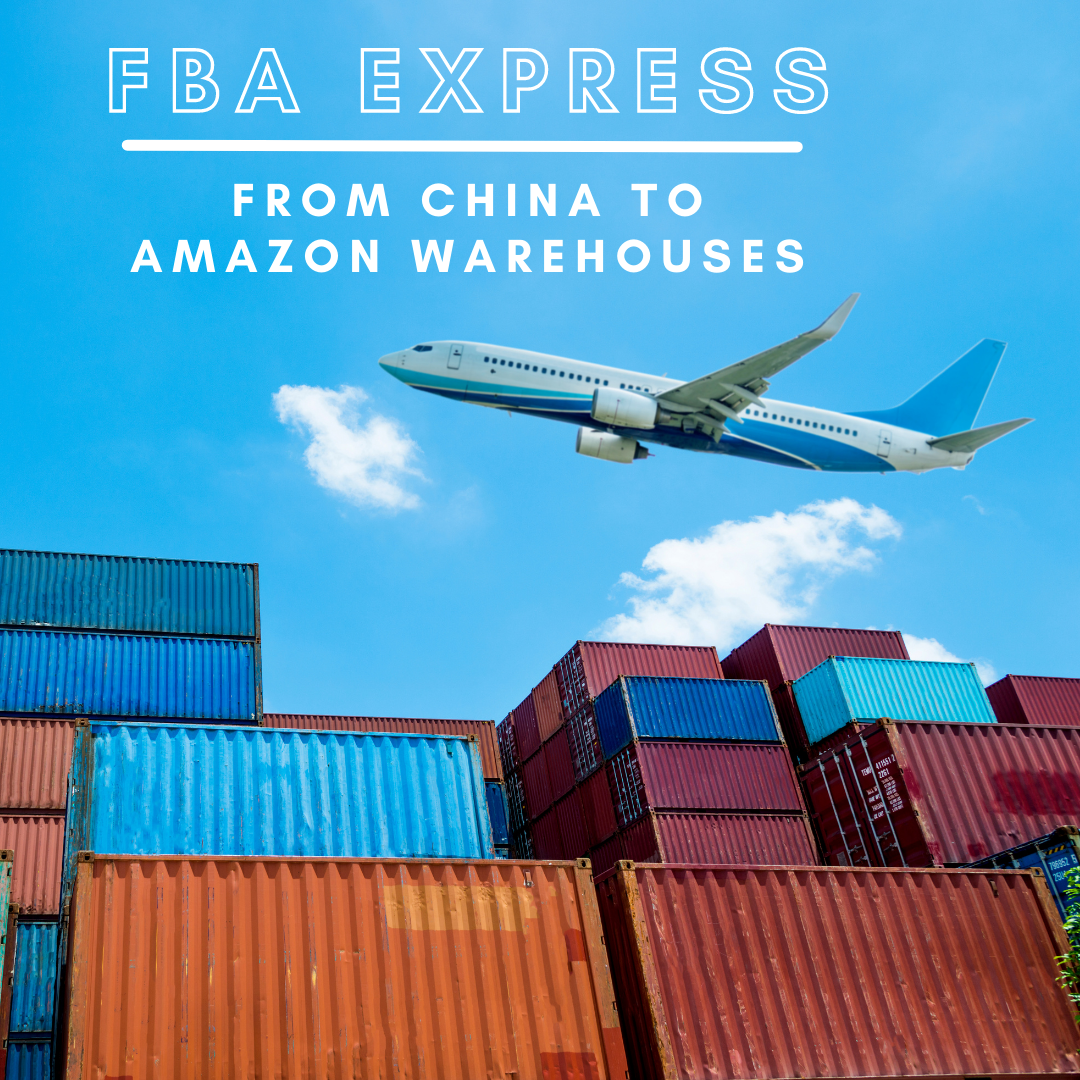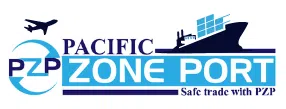FCA incoterms stand for Free-Carrier. It is a legal agreement between the seller and the buyer where the seller is responsible for transferring the products to the agreed location, called the “named place.”.
In short, the seller is responsible for delivering the cargo to the agreed-upon location and for everything before that.
Once the cargo reaches the specific port or might be at another location, from that point to the end destination, the buyer is responsible for everything.
In short, the buyer is responsible for the movement of cargo from the port, handing over the customs clearance, receiving the cargo at the end destination, unloading the products, storing them, and reselling them.
FCA incoterms can be useful for any mode of transport, such as air freight, sea Freight, express air freight, road freight, and rail freight. Incoterm free carrier facilitate the buyer more than the seller.
The buyer has the facility to easily arrange the cargo at a very reasonable price. The other good thing for the buyer is that he is only responsible for shipping the products to the specific port, then all the responsibility will be shifted to the seller.
Who is responsible for FCA Incoterms, the buyer or the seller?
A Guide to Buyer & Seller Roles
Let’s learn about the responsibilities of the buyer and seller while using FCA Incoterms for transportation.
Sellers Responsibilities
According to FCA Incoterms 2020, The seller has complete control of the products they are selling. Once the products reach the mutually agreed-upon location, all the responsibilities transfer to the buyer. Below are some of the responsibilities of the seller under incoterm free carrier.
- Export Packaging: Under FCA Incoterms, the first and foremost responsibility of the seller is the packing of the products according to Amazon FBA rules and regulations and then readying the cargo for export. Some countries have very strict policies for packaging the products. So, you have to make sure from your seller that products are packed according to FBA terms and services to avoid any mishap.
- Loading Charges: The seller is also responsible for any loading charges at their place to transfer the goods to the specific port.
- Delivery to Port/Place: Once the products load on the truck at the seller’s place, the seller is responsible for delivering the cargo to the specific port and also for all the charges associated with it.
- Export Obligation, Taxes, & Customs Clearance: Paying for the export obligation, taxes & custom clearance for transferring the cargo to the specific port.
When shipping from China to the USA under FCA Incoterms, the above responsibilities belong to the seller. The seller will have to face some serious trouble if he shows any negligence in his responsibilities. When the seller quotes its price to the buyer, the fee includes all the costs to fulfill the above responsibilities. All the damage or loss during this process belongs to the seller. From that point onward, all the responsibility will transfer to the buyer.
Buyers Responsibilities
Once the cargo reaches the Named Place, all the responsibilities will be shifted to the buyer. Below are the responsibilities of the buyer under FCA Incoterms:
- Origin Terminal Charges: All the costs related to the shipping terminal where the shipment loads onto the designated vessel for the remaining process of shipping.
- Loading on Carriage: For the cargo to be loaded onto the designated vessel, a loading charge is demanded by the shipping line.
- Carriage Charges: The buyer is responsible for paying the carrier charges that transfer their products from the named place to the End Destination.
- Insurance: Insurance is only mandatory. But it is a buyer’s responsibility to ensure an insurance policy.
- Destination Terminal Charges: These charges include, when the shipment reaches the end destination, any required destination terminal charges required for unloading goods, transferring goods, and holding them for the legal import process, which will be paid by the buyer.
- Delivery to Destination: Any cost associated with transferring the products from the Port of Destination to the buyer’s location.
- Unloading at Destination: The buyer has the responsibility for bearing all the costs associated with unloading the products at the final destination.
- Import Duty, Taxes, and Customs Clearance: All the costs and responsibilities concerned with import duty, taxes, and customs clearance belong to the buyer under FCA Incoterms.
Advantages & Disadvantages of FCA Incoterms for Buyers
Advantages
- Many freight forwarding companies and international trades say that EXW incoterms are worst for a buyer because a buyer is responsible for everything during shipping. With FCA Incoterms, the buyer has a little bit more control as the seller is responsible for exporting the products. When it comes to the comparison of FCA and EXW, FCA facilitates a buyer more than EXW.
- The buyer has complete control over the products until they reach Port of Origin under incoterm free carrier. Many buyers choose FCA incoterms for shipping from China to the USA, especially because of this advantage.
- Buyers prefer to use the FCA Incoterm for shipping when they are confident that their freight forwarders charge less than the cost offered by the seller.
Disadvantages
- When it comes to ocean shipping, most buyers prefer to choose FOB incoterms instead of FCA Incoterm. Because, according to FCA Incoterms.
- the buyer is responsible for paying the terminal and landing cost required by hipping line at the Port of Origin. Contrary to this, under FOB Incoterm, the seller pays the terminal cost.
- and handling of a custom clearance. That’s the main disadvantage of FCA incoterms and as a result, buyers go with FOB shipping.
- Another disadvantage of FCA Incoterm is that the buyer is responsible for import duty, taxes, and customs clearance when cargo reaches their country.
- Moreover, the buyer is also responsible for freight insurance. That’s why most buyers hesitate to use the FCA Incoterms for shipping from China to the USA.
- In some countries, such as China and the USA, FCA breach the status quo. That’s why most buyers hesitate to use the incoterm free carrier for shipping from China to the USA.
When do you have to use FCA Incoterms?
You can only choose FCA Incoterm while shipping if they meet the following conditions:
- The cargo that is used in shipping from China to the USA will be containerized.
- When the buyer is well known for the requirements and logistics process in the seller’s country.
- When their seller correspondingly favors FCA over FOB or FAS.
- When the seller is responsible for transferring the cargo to the Port of Origin instead of the freight forwarders’ warehouse.
If all the above conditions can be fulfilled, FCA is the most appropriate option for shipping.
FCA Incoterms FAQs
Here are the questions that are frequently asked by people about FCA Incoterms.
Who pays the cost of FCA shipping?
Under FCA Incoterms 2021, the buyer is the one who is responsible for the FCA Shipping costs.
What is the major difference between FCA and FOB?
There is FCA vs FOB when it comes to sea freight. The major difference is that FCA Incoterms are useful for a buyer for every mode of transportation, while FOB is only useful in sea shipping from China to the USA.
Does FCA have tax and customs clearance?
According to FCA Incoterms, export duty, taxes, and customs clearance are the responsibility of the seller, while the buyer pays all the costs associated with import duty, taxes, and customs clearance.



